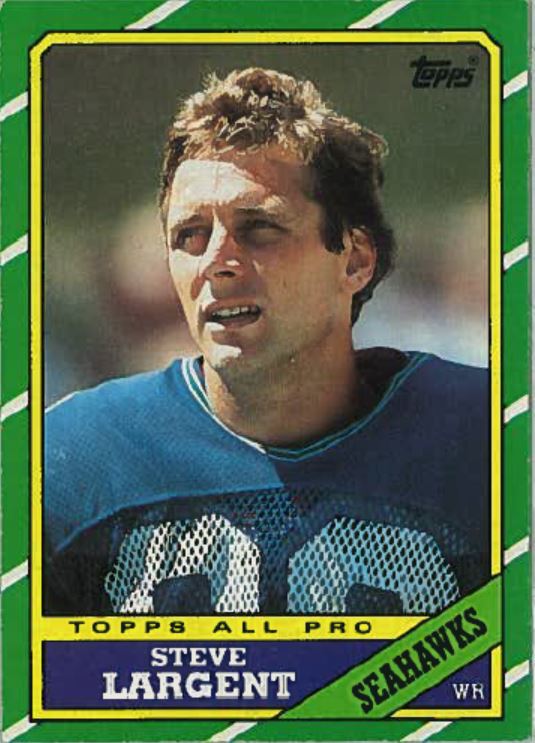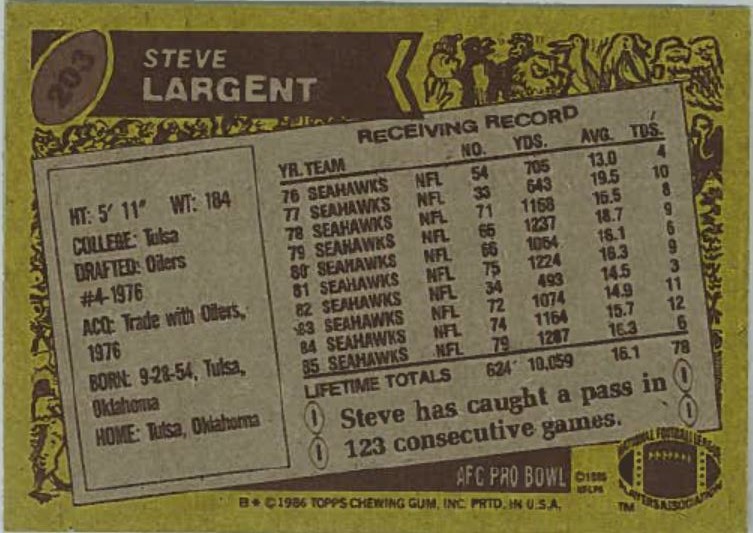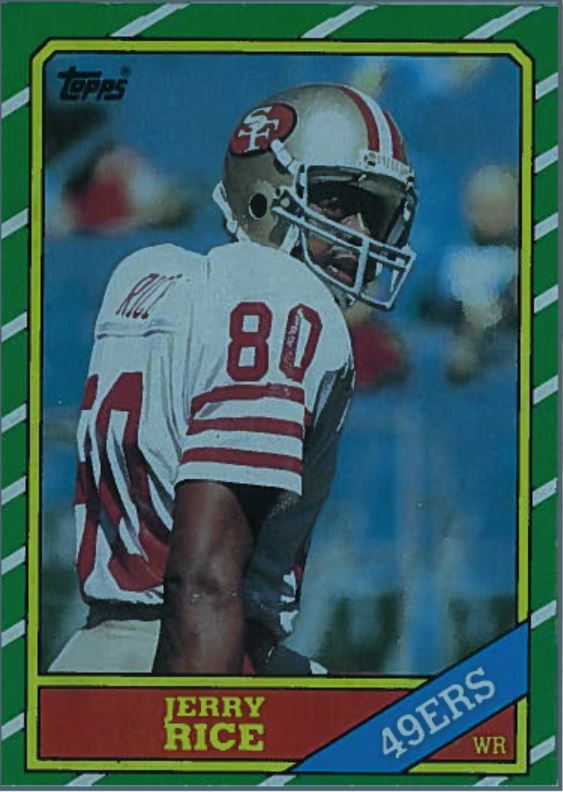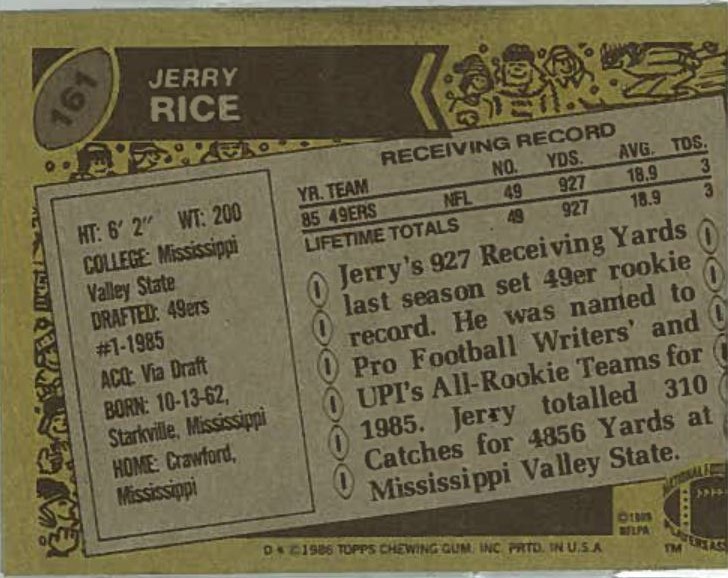|
(Originally posted 12/1/14) I recently came across a resume from someone looking for a senior project engineer position. The resume has some great info on it; the companies and projects this person worked on are impressive. The skill sets gained from this experience could be very valuable, but there's one issue: the experience is vague. A resume should, in one short page, leave the reader completely assured that your experience is legitimate and valuable. Being vague can make it very difficult to get that coveted interview. Let Steve Largent and Jerry Rice Help You With Your Resume Steve Largent was my favorite football player when I was growing up. He was, during his playing career, considered the best receiver not just playing, but of all time. He achieved this lofty status despite his lack of height and speed. Largent was a flawless pass route runner. He was fearless running routes across the middle. His hands were soft--he rarely dropped passes. Anyone who watched football in the 1980s knew this. Yet, take a look at the back of his football card: Notice it says nothing about his hands, his route running or his toughness? It's because while those were known, the only way to really show how good you are is with numbers. And Steve Largent has numbers. Each of the numbers on his card gives strong proof that Largent was the best receiver of his era. "Soft hands" and "toughness" are debatable. 10k receiving yards and 78 touchdowns are not. By now you should be thinking "I get it...put numbers on my resume to show how good I am at my job." Bingo! Some of you might be saying, "Of course Steve Largent has great numbers. He was in the league for 10 years before he had those numbers." True, so let's consider a rookie. Many of you reading this probably have no idea Steve Largent is, and that's likely because you grew up in the Jerry Rice era. Jerry Rice supplanted Steve Largent as the greatest pro wide receiver in the history of the NFL. But in 1985, Jerry Rice was a lowly rookie. Let's look at his card to see the lack of stats: Whoops! Even Jerry Rice's rookie card is jammed full of stats. Most importantly, the space on his card that doesn't contain stats is used to state how important his stats are (49er rookie record; not bad for a team with Joe Montana as the QB). His card covers some of his college years, but again, it is the stats that jump out. No space is allocated for subjective descriptions (blazing speed, excellent on the fly route) even if they were considered by most to be true.
The Bottom Line: Use Stats to Demonstrate Your Skills and Experience Let's bring this back to resumes. There are two points I want to make: 1) you should be able to paint a clear picture of what skills and experience you bring to an employer in one page. If Steve Largent's first ballot Hall of Fame career can be summarized on a single football card, you should be able to describe your experience on a single sheet of paper. 2) the stats tell the story. Don't tell someone you worked on a hospital project. Tell them you worked on a $____ million hospital project with a ___-month duration that required ____ hours of craft labor to complete. State how many square feet or number of stories the building has. Don't write that you have experience writing RFIs. State that you have written ___ RFIs for ___ different trades whose packages were worth $____. Same thing for submittal packages, change orders, payment applications, etc. Provide numbers! You get bonus points if you can demonstrate how your actions resulting in cost and/or time savings. Provide the facts that matter and the stats to back them up.
0 Comments
Leave a Reply. |
JRegI teach people who will be building our country's infrastructure. Archives
April 2023
Categories |




 RSS Feed
RSS Feed